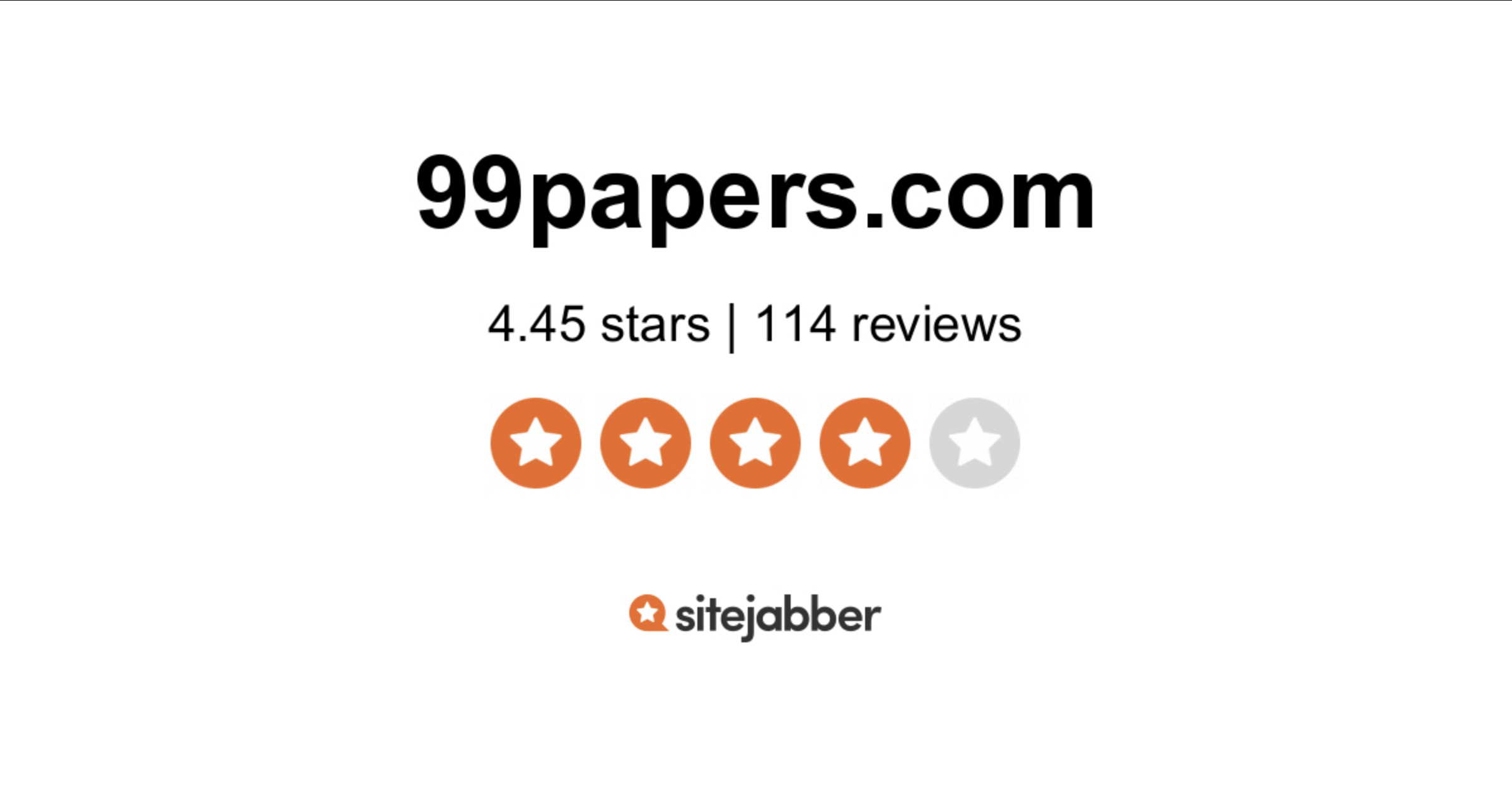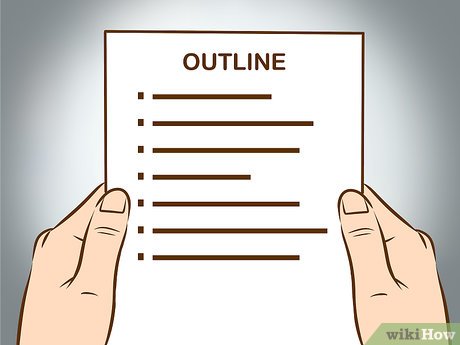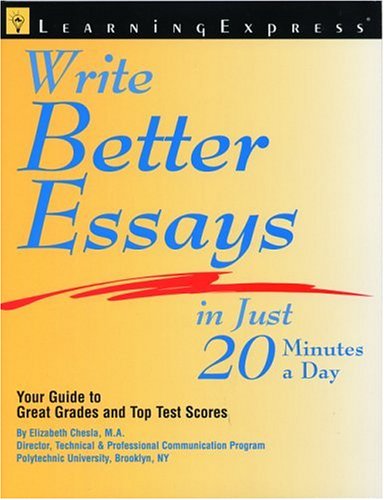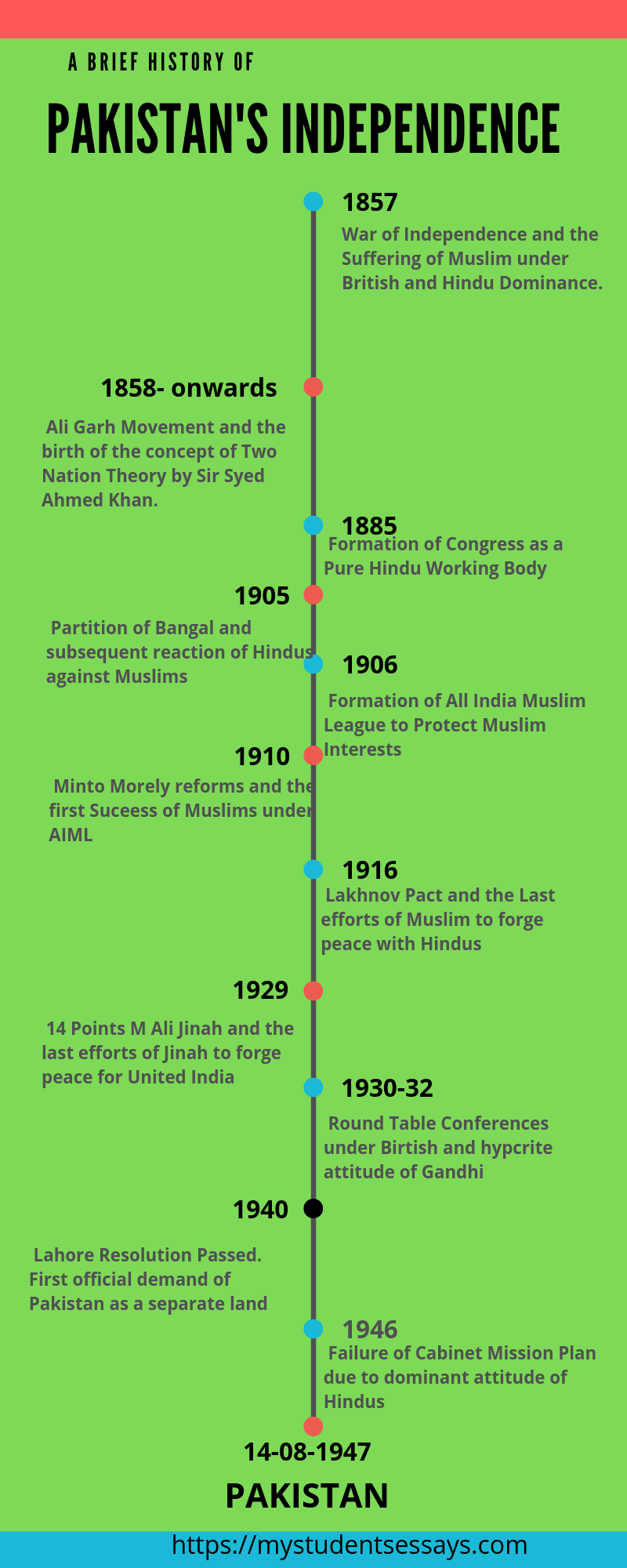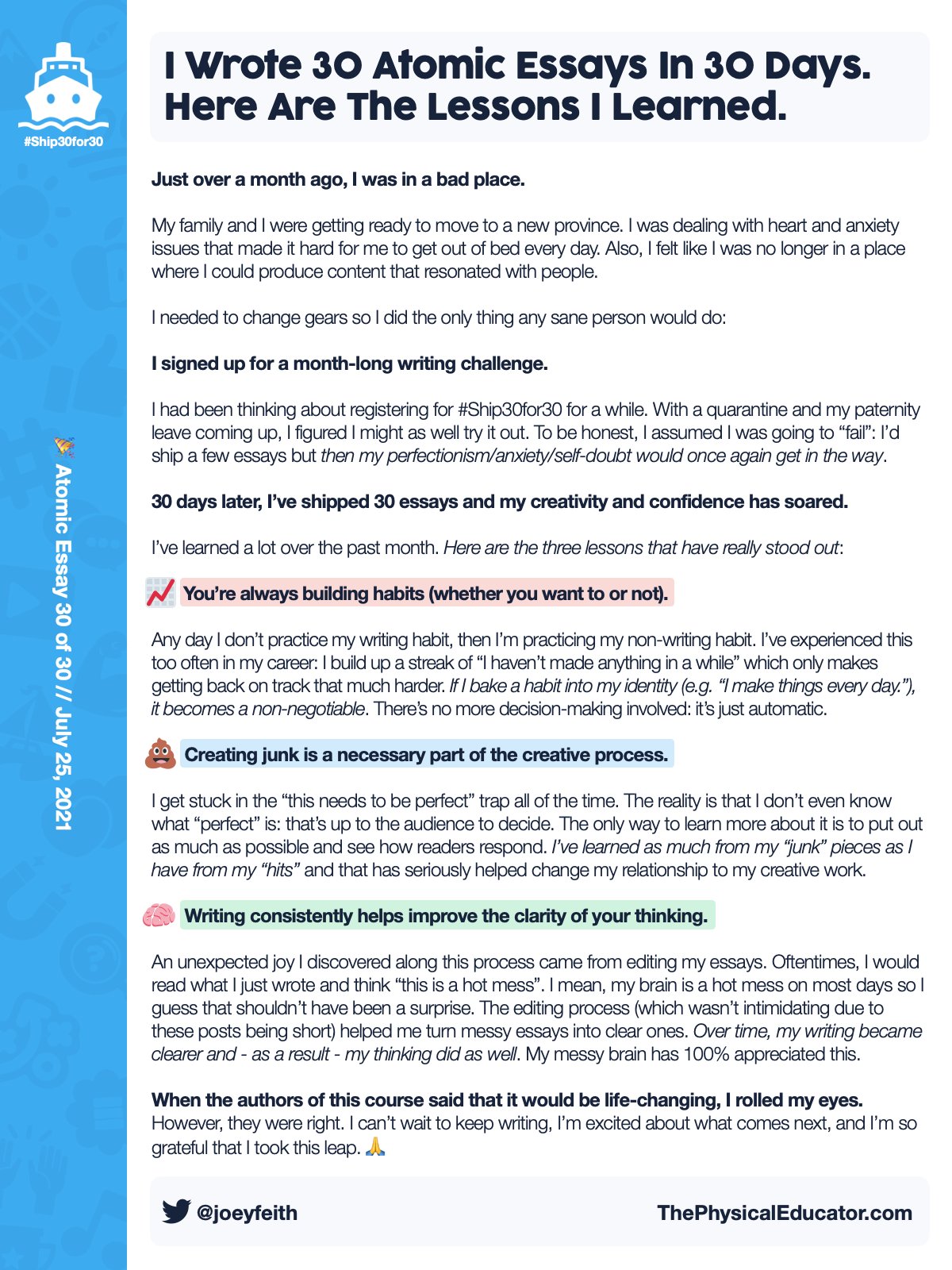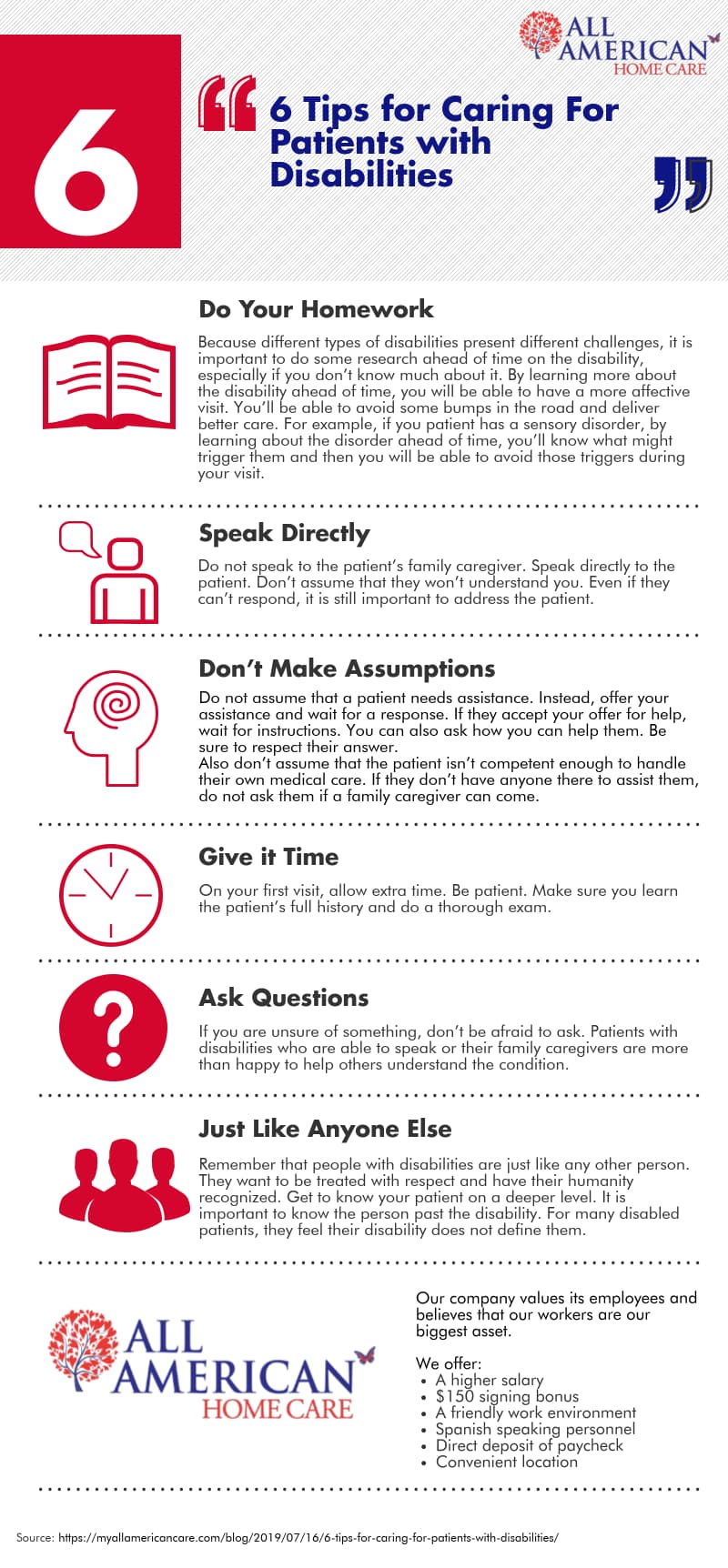How many words do you think you can write in a day? You may be thinking, “How do I write 40,000 words a day?” Or, perhaps you’re looking for tips to make writing a 3000 word essay easy. Here are a few suggestions:
Writing 40,000 words a day vs 20,000 words a day vs 10,000 words a day vs 20,000 words a week
Depending on your genre, you may want to write a shorter book or a longer one. Most thrillers fall in the seventy-five thousand to ninety-thousand word range. However, you can also write a longer novel if you are working on a mystery. The reason is simple: you can drill down into your story and change the action to suit a specific genre.
The best way to increase the amount of words you write is to prioritize your writing tasks and make a daily routine. Writing is a focus and requires less thinking, so make sure to choose a place that is conducive to creativity. You should set word count goals to pace yourself by setting daily word counts. Knowing the length of a typical novel for your genre is essential to figuring out how many words you need to write each day.
Creating a logical essay
In writing an essay, you should avoid using unnecessary information. For example, it is not logical to use the topic of socialism and Hollywood to discuss banana farming. Also, avoid using the term “representation” for anything other than a subject. Instead, use “claim” and “evidence” to make a statement. Each step will require evidence to support your claim. Eventually, you will need to use explanations to link your evidence with the claim.
A topic sentence defines the paragraph and makes the rest of the text shine. A transition to the next paragraph is catchy and catches the reader’s attention. Body paragraphs should focus on facts, supporting the thesis, and stating the conclusions. A good introduction will be well-written and flow logically from paragraph to paragraph. In addition, writing the middle part of the essay will help create a logical flow.
Choosing a topic
Choosing a topic for a three-hundred-word paper in one day can seem overwhelming. It’s essential to set time limits for yourself and stick to them. You should plan out your entire day’s tasks, including coffee breaks, and make sure you’ve incorporated plenty of rest. You should also take the topic seriously. The 3000-word paper is a serious undertaking and should be relevant to your discipline and interest the reader.
Creating a plan will help you accomplish your 3000-word essay goal. Start by making a list of possible topics. Once you’ve made a list, decide how long each part will take. Once you’ve determined how long each part will take, begin writing. Research can take up a lot of your time and energy. The more you practice writing and completing projects, the more you can increase your speed. Ideally, you should aim to finish a three-hundred-word essay in eight to ten hours, with breaks between.
Avoiding skimming over the essay question to get to writing faster
Before you start to write your essay, read over the essay question carefully. Highlight important details and make an outline. Answering the question correctly can make a great essay even better, and skimming over it can result in getting a low mark. This is especially true if you are writing about a difficult subject. The essay should be well-thought out to ensure a high-quality result.
Choosing a conclusion
When you are writing an essay in a day, one of the most common mistakes you will make is failing to include a conclusion. The conclusion part of your essay should be concise and summarize the arguments you’ve already made in the body of the essay. You can do this without including nasty little words like “but” or “and”. This is where you can add a few sentences and explain what your essay’s purpose is.
A conclusion is the last part of your text. It should restate your thesis and the topics of each body paragraph. Don’t restate these sentences word for word or use the phrase “to summarize.” The goal of the conclusion is to briefly summarize the body of the essay while introducing it through the lens of your goals and objectives. Avoid stating your thesis at the end of the conclusion.

